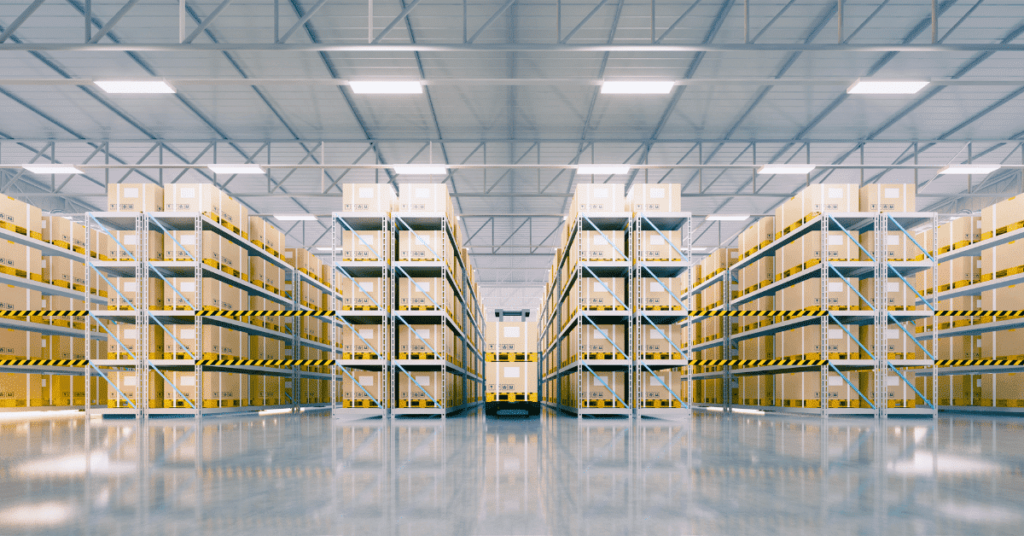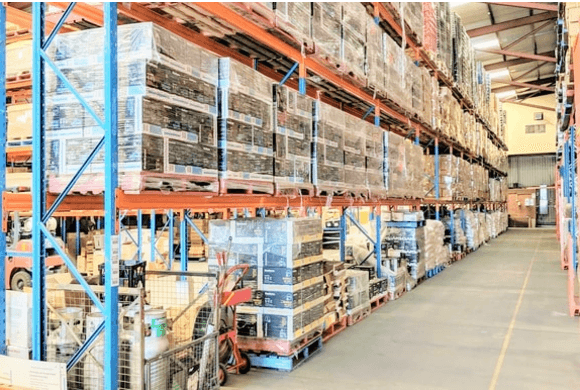Most businesses run from leased warehouse space, where the owner of the space as investment property owns the warehouse leased. Many large industries and businesses choose to lease a warehouse, with the intent to meet their goals, with the landlord being in charge of the building and factors associated with it. One benefit to buying the warehouse instead of renting is the flexibility that comes from ownership.
When a business owner realises that he needs a warehouse, he might be faced with deciding between finding a warehouse for sale melbourne or a warehouse for rent melbourne. If the business owner decides to purchase the warehouse space, they will need to pay hefty up-front costs, so only very large businesses generally buy warehouses.
When it comes to finding warehouses for lease, commercial rentals are usually much more affordable than buying. In some markets, there are more properties to rent than buy, so renting gives businesses a wider choice.
For example, businesses expanding or investing in new equipment might choose to lease instead of buy. Leasing can also allow users to take up space in locations they would otherwise be unable to afford buying real estate. Leasing commercial property can also give access to prime locations that might not be affordable to businesses who are buying.
The money that is not tied up in a commercial real estate down payment — typically around 35% of the purchase price — can be used elsewhere in your business, which allows you to capitalise on new opportunities for growing the company. For instance, a necessary down-payment for buying property could be allocated somewhere else in the business, potentially earning higher returns.

Since you are paying comparably less to purchase a warehouse, you could be using the capital that is not being used, and have a new capacity to grow and expand the business. Also, because renting a warehouse does not require a big down payment, you will have capital on hand to fully pursue any opportunities for growth, or to develop the business with available cash.
If you are running on tight cash and need cash flow to keep the business running consistently, leasing a warehouse may be a good solution for you. If you are thinking about expanding your operations or moving the business to another location within the next few years, finding a warehouse for rent may be in your best interest to give yourself this freedom.
If your company is thriving and your current lease is coming up, you might consider buying a commercial or industrial space instead of continuing to rent a space for your small business. If your business is growing, you might decide to forgo renewing your lease so that you can relocate to larger properties.
When renting out your business, there is no guarantee you can consistently renew the lease on similar terms. You should not worry that your landlord is going to raise rent costs before renewing your lease. Once your lease is up, you either need to sign a new lease or buy a property, which gives you ZERO credits toward previous rent payments.
You also make fixed monthly mortgage payments, rather than rent payments which may vary every time the lease expires. Unlike with longer-term rentals, which see their rents go up, a fixed-rate mortgage will ensure most of your monthly payments stay constant over time.
In addition, commercial property loans are usually longer than rentals, which may further stabilise your monthly costs.
Because the entire monthly payment amount for the loan cannot be deducted (only interest costs are), tax advantages for buying commercial property are generally smaller compared to leasing commercial property.
Another advantage to buying real estate is the variety of tax breaks businesses can claim, including the interest paid on commercial real estate loans, depreciation costs, and other expenses that are not related to a mortgage. The cost of owning a commercial property may provide additional tax breaks, in the form of interest on the mortgage, property taxes, and other accounting line items.
Commercial property owners are generally responsible for paying their loans, in addition to any costs associated with operating a commercial space. In addition to lower up-front costs, maintenance is usually included with leases, so repairs in warehouse spaces will not affect cash flow.
You probably cannot make additions or other changes to a facility, which could be uncomfortable, particularly if your company is expanding and eventually needs more space. If your business is growing and you need more space, it is harder, if not impossible, to expand your rental property. In leased spaces, you must get the landlord’s permission before making any permanent changes to a warehouse, which may limit your options to pallet racks, mezzanine floors, and rearranging layouts.
In a rented space, the landlord may choose to opt out of the lease renewal for whatever reason, which would lead to an expensive move which would hurt your company financially and could result in the loss of local customers. This could create many problems for your business as it requires you to renew the lease at an increased fee, which may actually force you to relocate the business elsewhere or to reduce the size of the space if you are unwilling to pay the increased costs.
